Table of Contents
Gut health is an up-to-the-minute topic these days. It refers to the balance and composition of your digestive tract microbiome or gut microbiota. Many people, including researchers, suspect these bacteria hold the key to good health. A bacterial imbalance may also tip the scales toward chronic diseases and metabolic syndrome. However, a rising concern is how dietary sugar in our diets can alter and damage the gut microbiome, which is one of the worst foods for gut health.
As you keep reading, you will discover how severe the impact of sugar on gut health is. In addition, make sure to read our helpful tips on how to improve gut health.
How sugar affects your gut microbiome
Bacteria, like all living things, require a food source. Unfortunately, some bacteria, especially more harmful ones, thrive too well on sugar. The resulting imbalance among your microbiota can lead to many health problems (1).
Studies on mouse models indicated that if this bacterial imbalance continues, chronic diseases can develop. This could be inflammatory bowel disease (IBD) and even cancer ( 2 , 3, 4).
A healthy microbiome can reduce the risk of inflammatory bowel disease, rheumatoid arthritis, and metabolic diseases like diabetes (5, 1, 6).
Basically, as the harmful bacteria multiply, they make a hole in your intestinal lining (7). They then pass through the gut tissue and enter the bloodstream. This is what often causes intestinal inflammation.
To what extent dietary sugar disrupts microbiome function is an interesting question. However, here are some symptoms that may be related to sugar consumption and damage to the human gut:
- Abdominal bloating
- Gassy stomach
- Unexplainable diarrhea
- Unusual constipation
The expert view on gut microbiome
The balance and diversity of gut microbes depend on what you eat. We spoke to a leader in the field and author of the best sellers “Wheat Belly” and “Super Gut,” Dr. William Davis:
A lot of (gut disruption) is due to sugar overconsumption as well as antibiotic exposure. So, there’s a long list of reasons why the modern diet is a perfect storm to disrupt your gastrointestinal microbiome.
In short, the modern diet of processed carbohydrates (or simple sugars), low fiber, and high sugar diet is of great concern. If you consume these foods often enough, the diversity and number of good bacteria in your intestinal tract decrease (8, 9, 10).
Notwithstanding sugar, Dr. Davis highlights other complications. He explains how fecal microbes migrating from the lower to the upper digestive tract affect some 50% of Americans. These more powerful bacteria can easily penetrate the intestinal wall and cause diseases.
Excess sugar linked to colon cancer
The effects of sugar on the gut microbiome imbalance can be quite dire. It is becoming increasingly clear that this can be a tipping point to CRC or colorectal cancer (11, 12).
This cancer affects the large intestine and part of the rectum. It’s the third most common cancer in the world and the second leading cause of death from cancer (13, 14).
More specifically, sugar-sweetened beverages (SSB) and processed fructose increase the risk of dying from colon cancer. There is also a higher risk of cancer returning after surgery or chemotherapy (15, 16).
Sugar and the small intestine
Another gut syndrome on the increase is SIBO or small intestinal bacterial overgrowth. In this case, bacteria in the large intestine overmultiply and migrate to the small intestine. Here they become problematic since a healthy intestinal tract thrives on the correct balance of bacteria (17).
SIBO typically affects people with IBS, fatty liver disease, type 1 and type 2 diabetes, Crohn’s disease, pancreas inflammation, renal failure, and celiac disease (18, 19).
A key symptom of SIBO can be bloating, abdominal discomfort, and diarrhea. The overgrown bacteria break down carbohydrates in the small intestine instead of the large intestine where they normally live (20, 18).
Emerging evidence is revealing how bad bacteria thrive on sugar, breaking the delicate microbiome balance. This can lead to various problems, not least of all colon cancer and SIBO. Thus, avoiding excess sugar and processed food can go a long way to keeping a healthy gut and preventing diseases.
How to improve gut health: Eliminating sugar and choosing the right foods
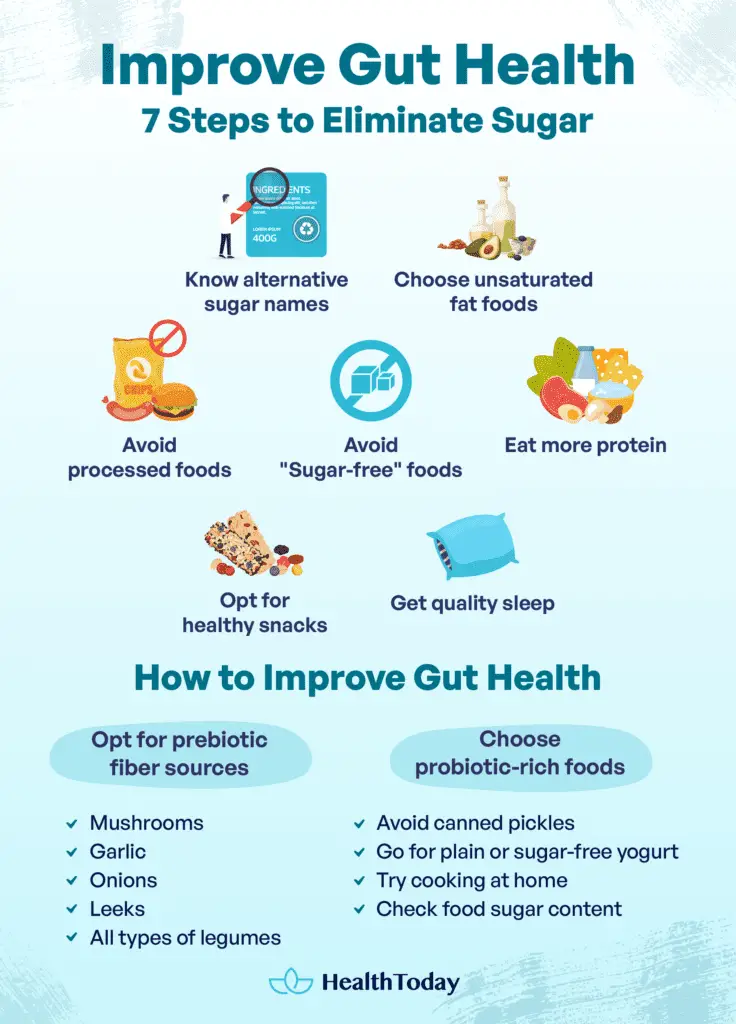
Eliminating sugar in 7 simple steps
You may think avoiding sweet things is near impossible. However, here are seven simple ways to gradually reduce your sugar intake.
1. Get to know other names for sugar
Sugar is a lot more than sweet little granules. Most people are aware of sugary bombs, especially high-fructose corn syrup, in processed foods and concentrated fruit juices. But here are other sugary scoundrels to keep an eye out for while shopping:
- Agave nectar
- Barley malt
- Brown rice syrup
- Florida crystals
- Panocho
Go here to get the complete list of the 56 names of sugar.
2. Avoid low-fat foods
Some people think low-fat foods are good. One problem is they don’t make you feel full for very long. The other is they are often high in sugar (21). On the other hand, full-fat foods contain more protein and amino acids, which provide better satiety (22).
Among fats, mono-unsaturated and poly-unsaturated are the best choices for better satiety and health. You can find good fats in these foods:
- Olive oil
- Avocados
- Butter and ghee
- Omega-3 oils
- Nuts and seeds
- Full-fat dairy products
- Dark chocolate
3. Reduce processed foods
Processed foods are sugar-enemy number one. Around 74% of food in the U.S. is mostly processed and with added sugars (23). The first step is to avoid buying refined wheat foods such as white bread, white rice, pasta, and cereals. Instead, switch to whole foods such as beans, legumes, lentils, vegetables, and fruits. Fruits, of course, contain a lot of fructose, so why are they on the good list? Whole fruits are more substantial and satiating. They are also packed with fiber, minerals, and vitamins, plus fructose comes in more manageable quantities.
4. Avoid ‘sugar-free’ products
If you see any drink or food shouting, “Sugar-free!” – stop and think again. It could be a trap. These ‘honey traps’ often contain artificial sweeteners like aspartame, sucrose, and high fructose corn syrup. Studies suggest that artificial sweeteners increase the risk of type 2 diabetes and weight gain in normal and obese people. Especially in clinically obese women, artificial sweeteners trigger appetite and food cravings (24, 25, 26).
5. Eat more protein
The protein stays in your stomach for longer. When you eat protein, you feel full for longer, which helps avoid food cravings or wanting to eat sugary snacks (27).
Cereal and bread should not be your top breakfast choice. Instead, try eating fruits, steel-cut oats, or buckwheat spinach pancakes.
For non-vegetarians, eggs, ham, or sausages made from turkey or beef will keep you full until noon. Lean, grass-fed meats such as turkey, chicken, and ground beef are good anytime.
6. Opt for healthy snacks
Sugar cravings may make you want to grab something sweet by 3 or 4 pm. Instead of going straight for cookies and cupcakes, we have some better options for you:
- Dark chocolate: 70% cacao dark chocolate will beat off cravings.
- Snack bars: Not all snack bars are healthy. Choose ones made from oats, dates, and nuts without added sugar.
- Smoothies: It’s fast and easy to make a smoothie with yogurt and whole berries. Whole berries have the best fiber content for your gut bacteria.
- Simple options: Boiled eggs for hunger pangs and fruits for sugar cravings are good bets.
7. Get quality sleep
Sleep disruption is more than ‘having a bad night.’ Low-quality sleep is well known to cause an increase in food cravings and snacking, especially high-energy foods with added sugars, and cause weight gain. (28). So, if you don’t sleep well, your appetite for sugary food will increase. Here are some tips for better sleep:
- Avoid caffeinated beverages after 4 pm.
- Eat a light dinner so your stomach can relax.
- No screen time at least 30 minutes before bed.
- Meditation can relax the mind and slow things down.
Getting tough on sugar is not easy, but taking small steps every day makes it possible. Know that sugar comes in different disguises, and learn to snack healthily when you need to. High protein and satiating foods are better than low-fat and try to eat more fermented and fiber-rich foods. Not sleeping well also affects sugar cravings.
Best probiotic and prebiotic foods for your gut health
Studies suggest that gut-healthy prebiotic and probiotic foods are the best choices for preventing bad bacteria from taking over. Overall good microbiota diversity is the key (29, 30, 31, 32).
- Probiotics are beneficial bacteria found either in fermented food or specific supplements.
- Prebiotics are foods that feed good bacteria. These come mostly from fiber. We can’t digest fiber, but our good bacteria love to eat it!
Prebiotic-rich fiber foods
Some great prebiotic fiber foods are mushrooms, garlic, onions, leeks, and all types of legumes. For breakfast, try whole oats, bananas, or watermelon. Less common options are artichokes and seaweed, and dandelion greens are excellent too.
The daily recommended intake of fiber is different based on age and gender. Consuming 25 to 30 grams of fiber per day is suggested for adults.
Best probiotic products: How to find them
Probiotics are a bit more of a challenge. Western go-to choices are yogurt, blue cheese, apple cider vinegar, and sauerkraut. You may want to try Asian or other so-called ethnic supermarkets for kefir, kombucha, kimchi, miso, natto, or tempeh. When buying fermented or probiotic foods, you also need to choose carefully. Some may not be effective or have unbeneficial ingredients. Here are some useful tips:
- Choose refrigerated foods with live bacteria.
- Avoid canned pickles, which have no live bacteria.
- Go for plain or sugar-free yogurt.
- Try simple homemade recipes.
- Make sure to review the sugar content in the food.
What damages the gut microbiota?
Processed foods, sugar, and lack of fiber will damage your gut microbiome. Bad bacteria increase, and gut microbe diversity decreases. Over-prescription of antibiotics can also have severe effects.
Which sugar is good for the gut?
Sugar comes in many forms. Natural sugars in fruits and berries can benefit your gut microbiome, especially for their fiber content. Sugar alcohols, often used as food additives or sugar substitutes, like erythritol or sorbitol, can be beneficial, but Maltitol is a carbohydrate, so diabetics should seek advice.
What types of sugar are most harmful to the gut?
Fructose, sucrose, and glucose are among the worst sugars for your gut microbiota—especially fructose in processed foods. It can contribute to metabolic diseases, including insulin resistance, fatty liver disease, and type 2 diabetes.
Which sweet foods and drinks are gut-healthy?
Smoothies sweetened with fruit, herbal teas, homemade unsweetened iced tea, and carbonated water can reduce sugar cravings. Fruits, especially berries, dates, but also dark chocolate (70% cacao), are good substitutes for sugary foods.
Summary
Evolving research on the intestinal microbiome is shedding much light on chronic diseases, cancers, and metabolic syndromes. Learning how to maintain a friendly microbiota balance is the best way to improve overall health.
Eating less dietary sugar and processed or ready-to-eat foods is essential. Increasing fiber-rich and fermented foods improves microbiome diversity. Start changing your eating habits today, and get back control of your digestive tract to achieve optimal health.





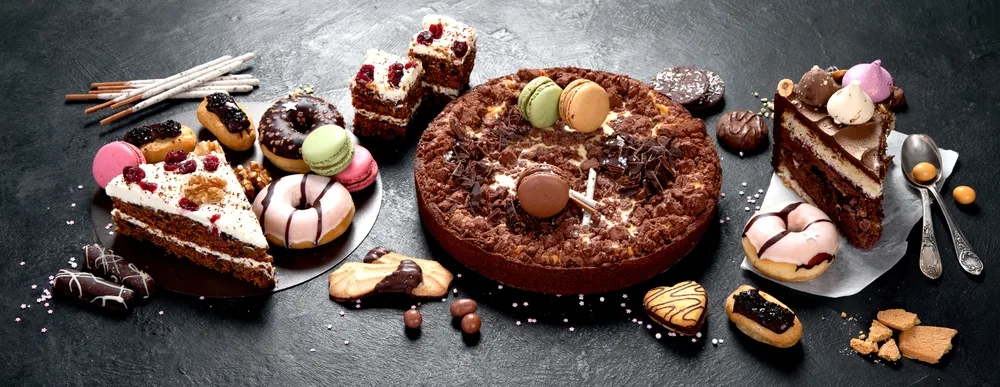
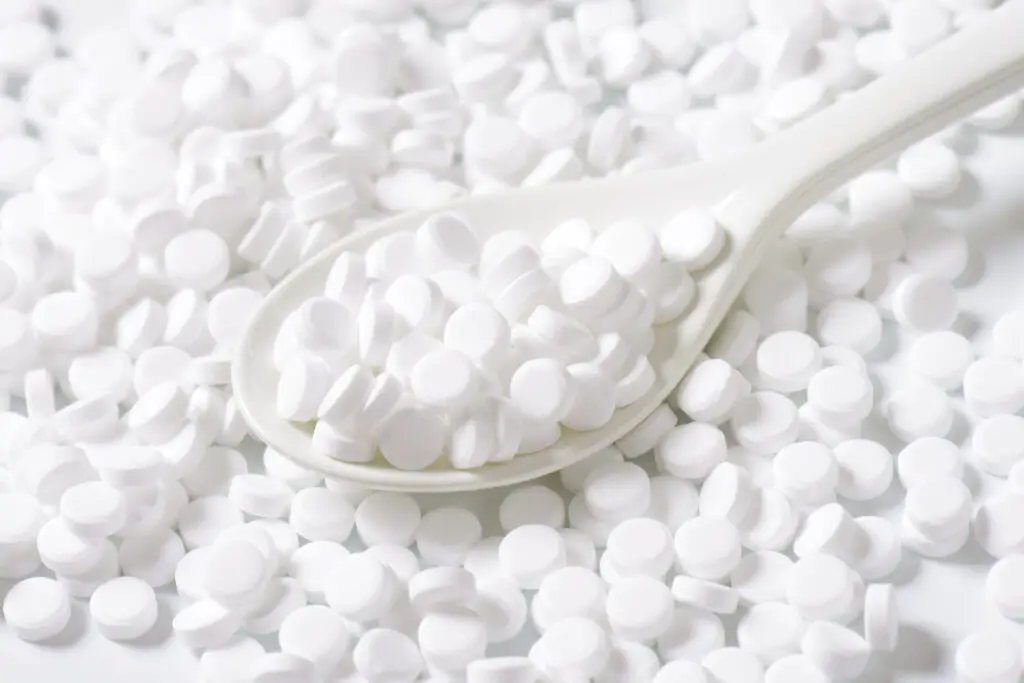
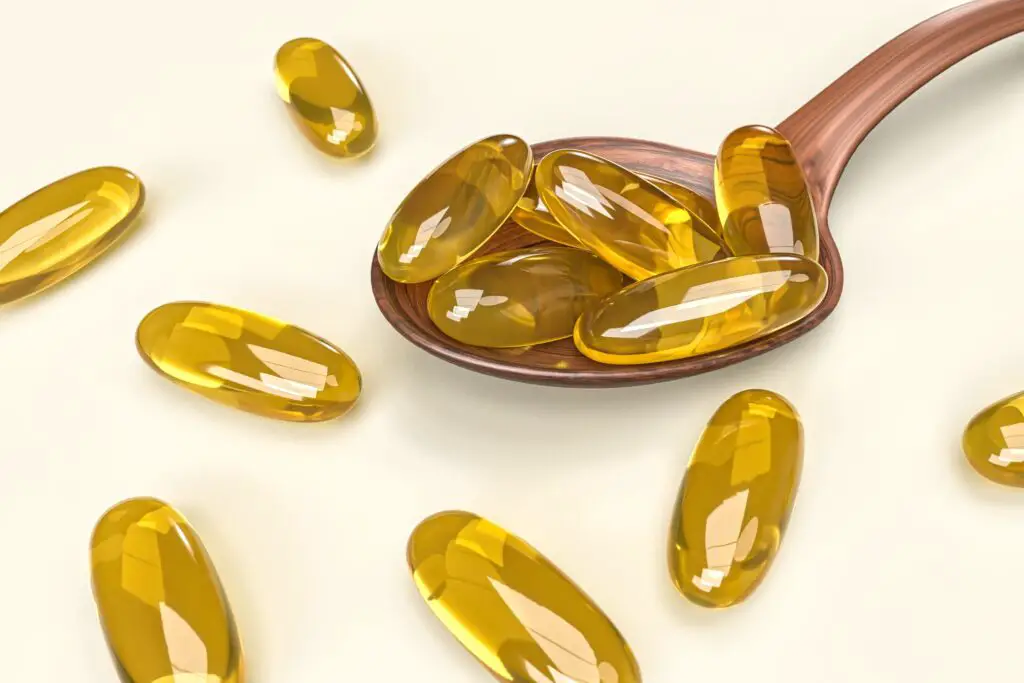
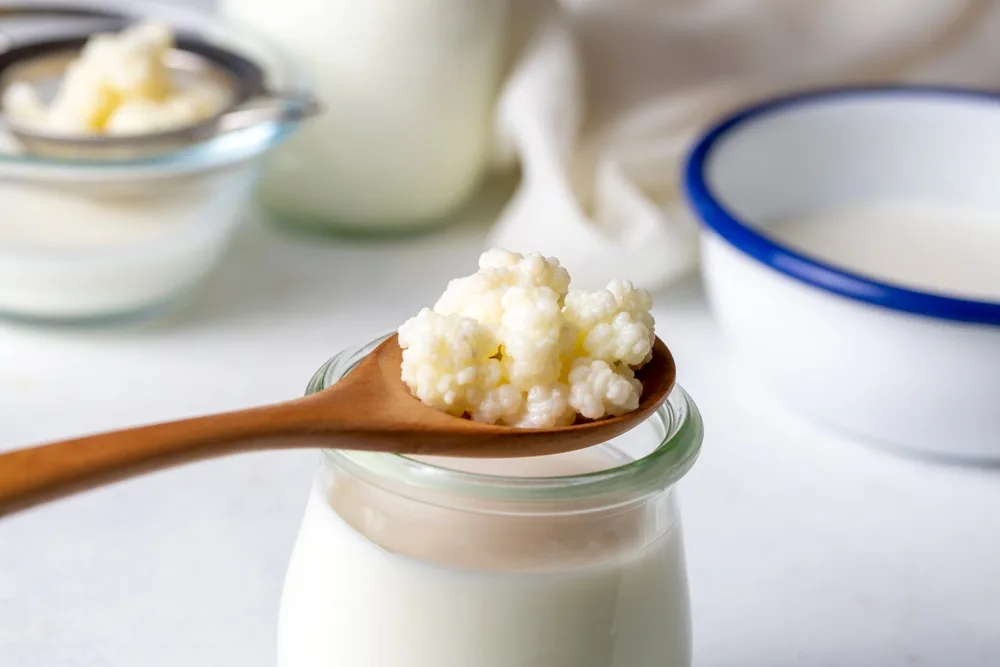
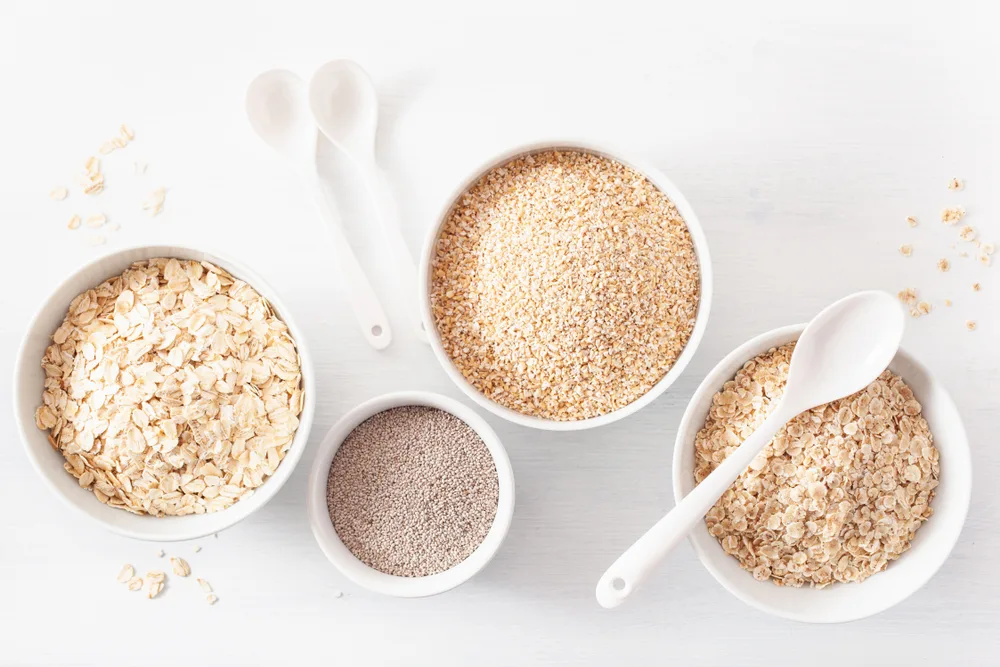





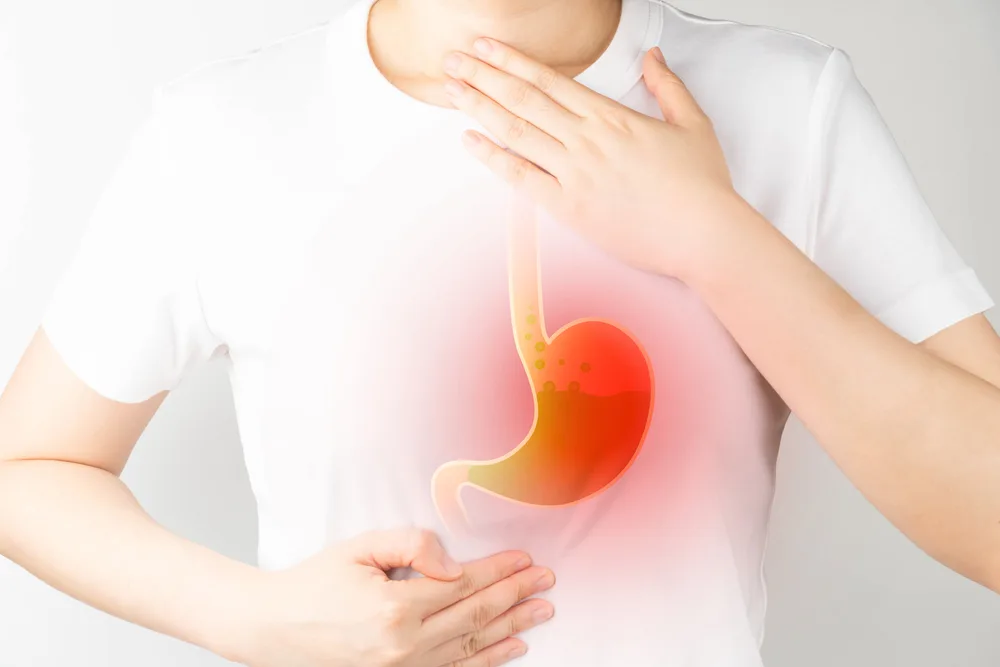

Comments
0